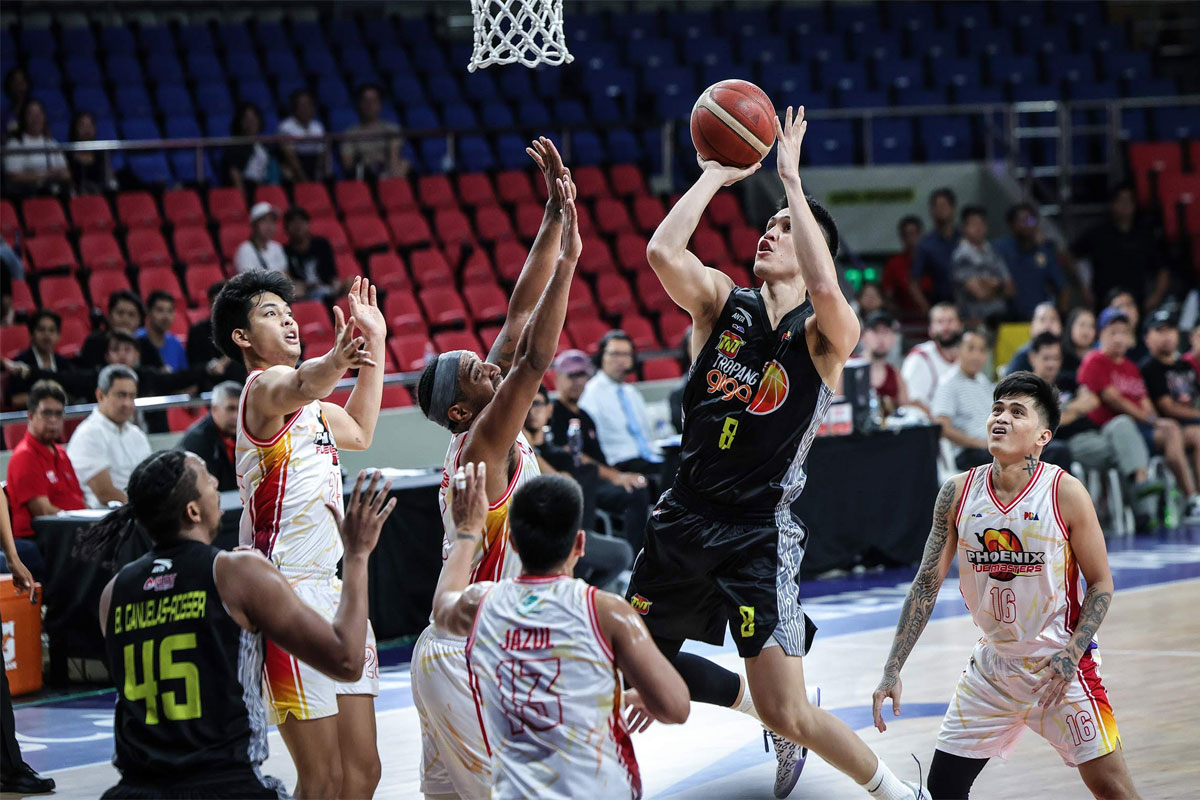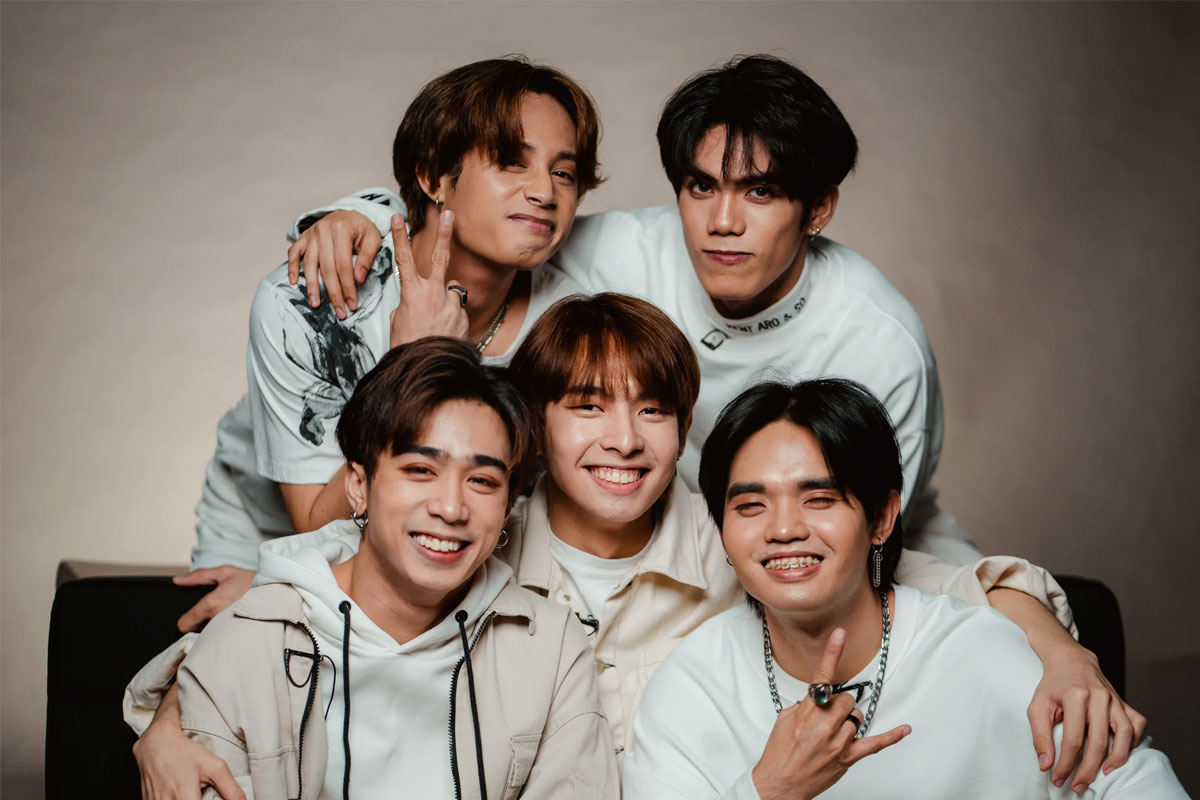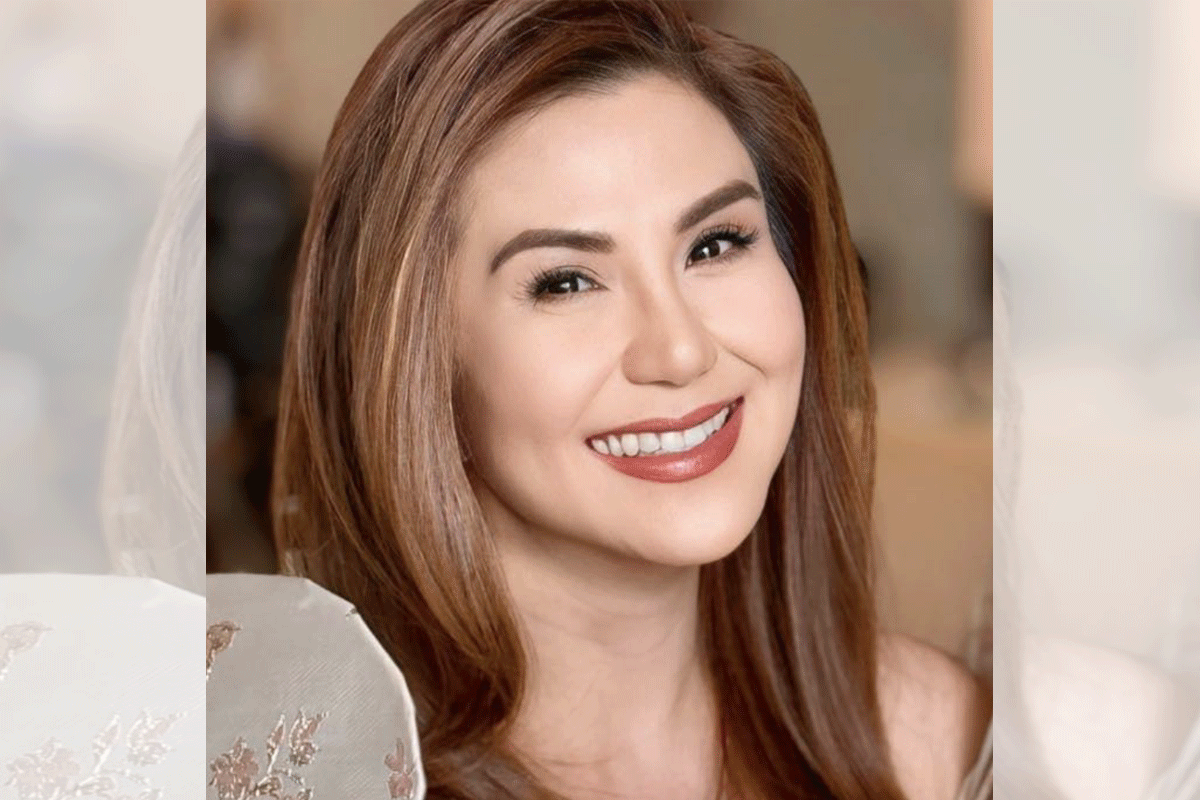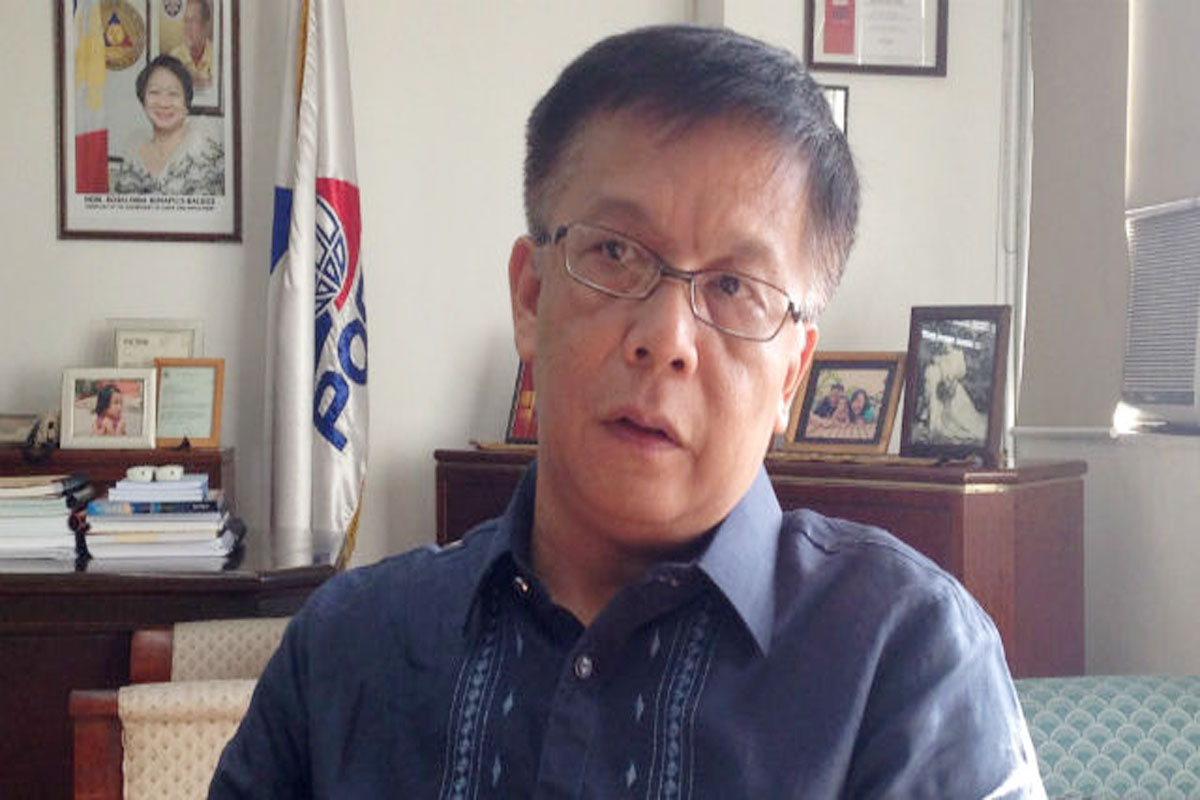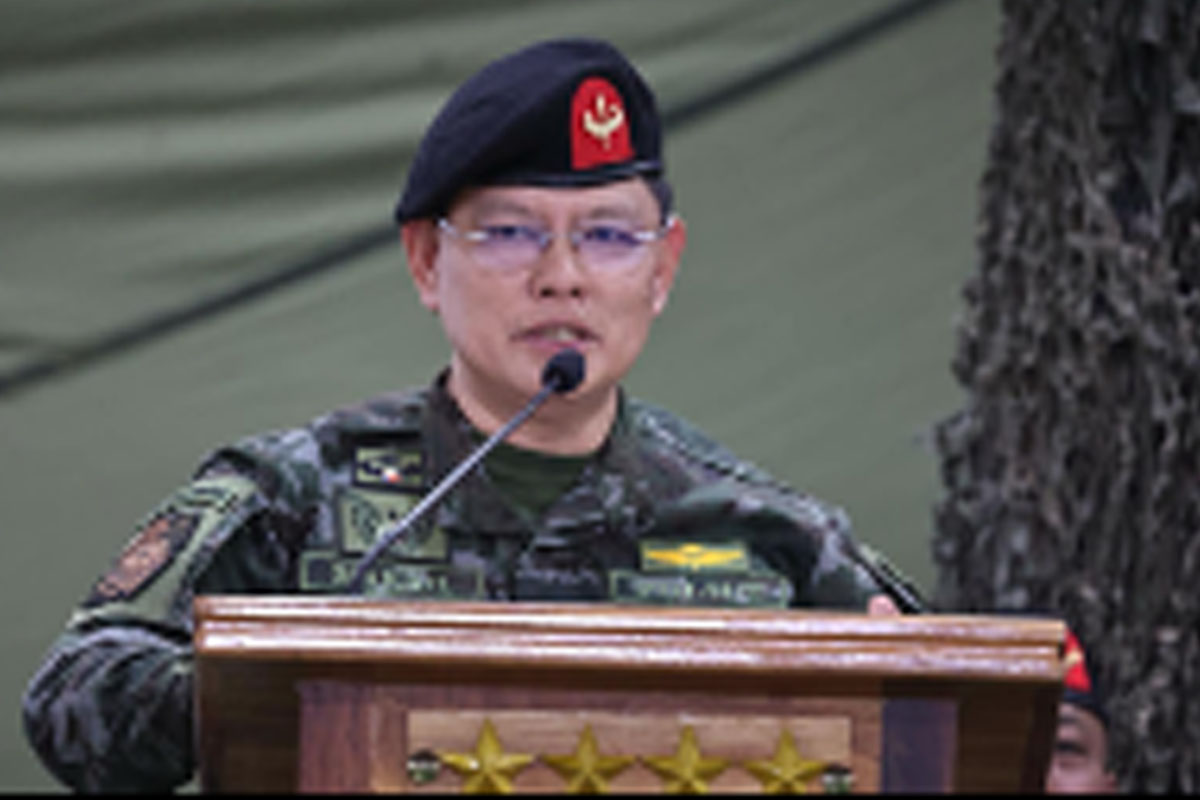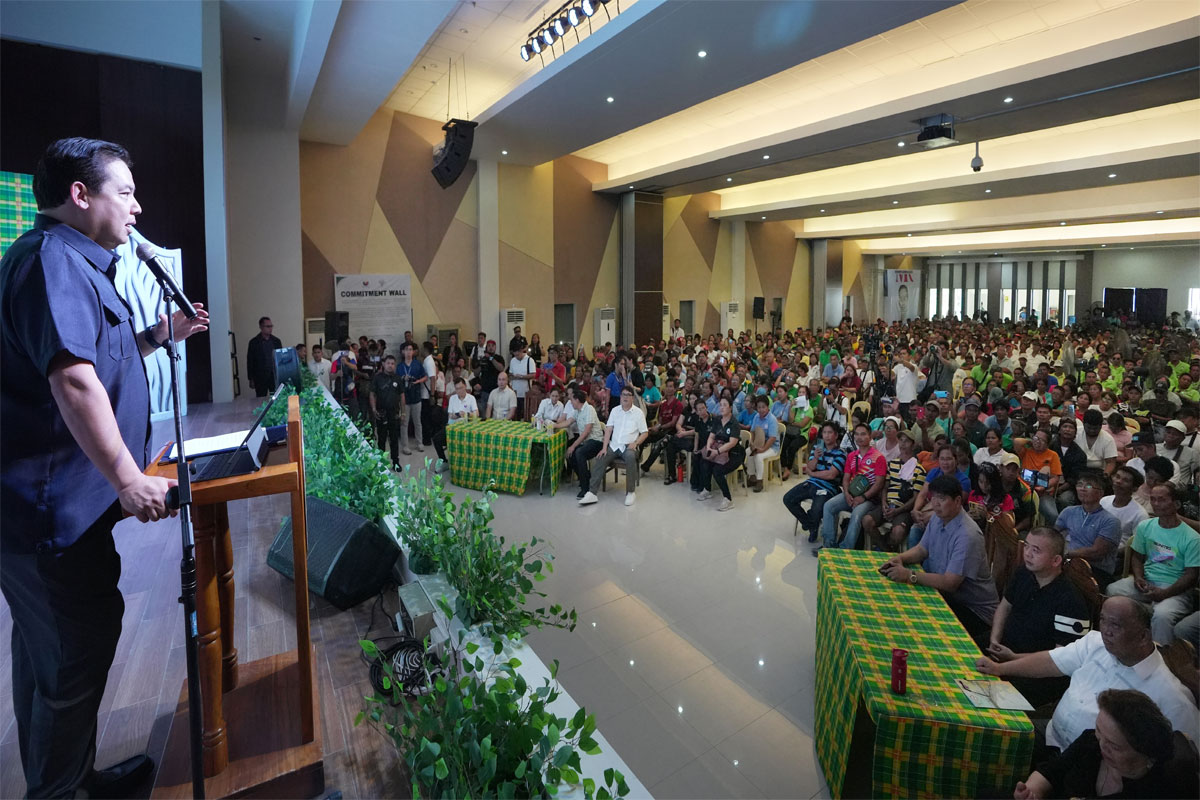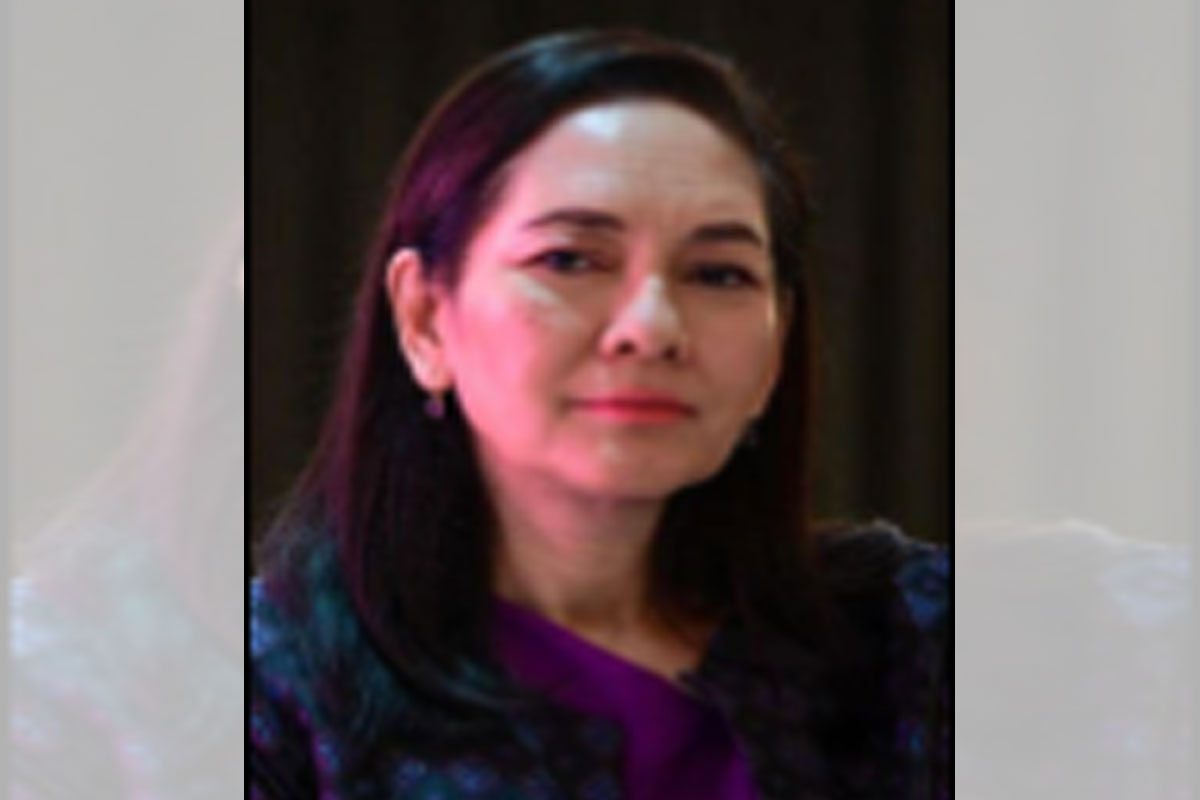
Anti-Kremlin app ‘censored’ on first day of Russian vote
AFP — Allies of jailed Kremlin critic Alexei Navalny accused Apple and Google of “censorship” on Friday after they removed opposition voting apps at the start of a three-day parliamentary election in Russia.
Polls opened across the vast country on Friday after a year that saw a crackdown on President Vladimir Putin’s opponents.
As voters began to make their way to the polls on a cold Moscow morning, the opposition said a “Smart Voting” app giving advice on how to vote had been removed from the app stores of both Apple and Google.
“They caved in to the Kremlin’s blackmail,” Leonid Volkov, an exiled aide to Navalny, said on Telegram, after Moscow accused the US tech giants of election interference and demanded they remove the app.
Navalny ally Ivan Zhdanov accused the companies of a “shameful act of political censorship”, posting a screenshot on Twitter of an email from Apple saying the app was removed because Navalny’s organisation has been declared “extremist”.
The Kremlin welcomed the move, saying the tech giants had conformed with “the letter and spirit” of Russian law.
The app instructed Russians on how to vote strategically to try to defeat politicians from Putin’s United Russia party, after candidates critical of the Kremlin were largely barred from running in the vote.
The election for seats in the lower house State Duma, which runs until Sunday, comes after a year that has seen Navalny jailed, many of his allies arrested and his organisations banned.
Falling living standards
In a video ahead of the vote, Putin said he was counting on voters to make “responsible, balanced and patriotic” decisions.
While the 68-year-old remains broadly popular, United Russia has seen its popularity drop as living standards decline in a pandemic-induced economic slump.
Russia has also struggled to contain the coronavirus, with even Putin in isolation this week after a major outbreak in his inner circle.
United Russia was polling at less than 30 percent on the eve of the vote, but was still widely expected to retain its majority in the Duma because of a lack of alternatives.
Navalny’s “Smart Voting” campaign guided voters on which candidates to support to have the best hope of denying United Russia a seat. In this election most of its voting list consists of Communist Party candidates.
Zhdanov said on Twitter that his team was considering suing Apple and Google for their removals of the apps, but for now was focusing on others ways of getting the list out.
He posted links to Google Docs with recommended candidates and Navalny’s team released a video on YouTube showing the names.
With the vote being held over three days, limited election observing and the option of voting electronically, critics say there will be few checks on the Kremlin party’s performance.
Voters were making their way to polling stations anyway.
“If we sit at home, nothing will change,” said 55-year-old Alexander Shirokov, who cast his ballot in the Far Eastern city of Vladivostok.
‘Competition is needed’
Some young voters in Moscow told AFP they hoped new faces would be able to join the Duma.
“I think it’s the right moment for decent people to win,” said Sofia Makarova, a 22-year-old barista.
Sergei Ryzhov, a construction worker, said that while the majority of Russians would vote for United Russia, “competition is needed”.
Russian authorities announced the vote would be held over three days in order to reduce risks from the coronavirus, but the opposition says that will create greater opportunities to fix the results.
The Organization for Security and Co-operation in Europe — which often monitors elections across the ex-Soviet Union — said last month it would not be sending observers because of a limit on numbers imposed by Moscow.
Widespread claims of fraud during parliamentary elections in 2011 sparked major demonstrations, but political observers are not expecting protests this time.
“Once the Duma elections are over, protests are unlikely, since the opposition and civil society are demoralised,” wrote Andrei Kolesnikov, an analyst at the Carnegie Moscow Center.
Besides United Russia, 13 more parties are running in the elections. Of the Duma’s 450 members, 225 are elected through party lists and the rest through single-member districts. By Ola Cichowlas


